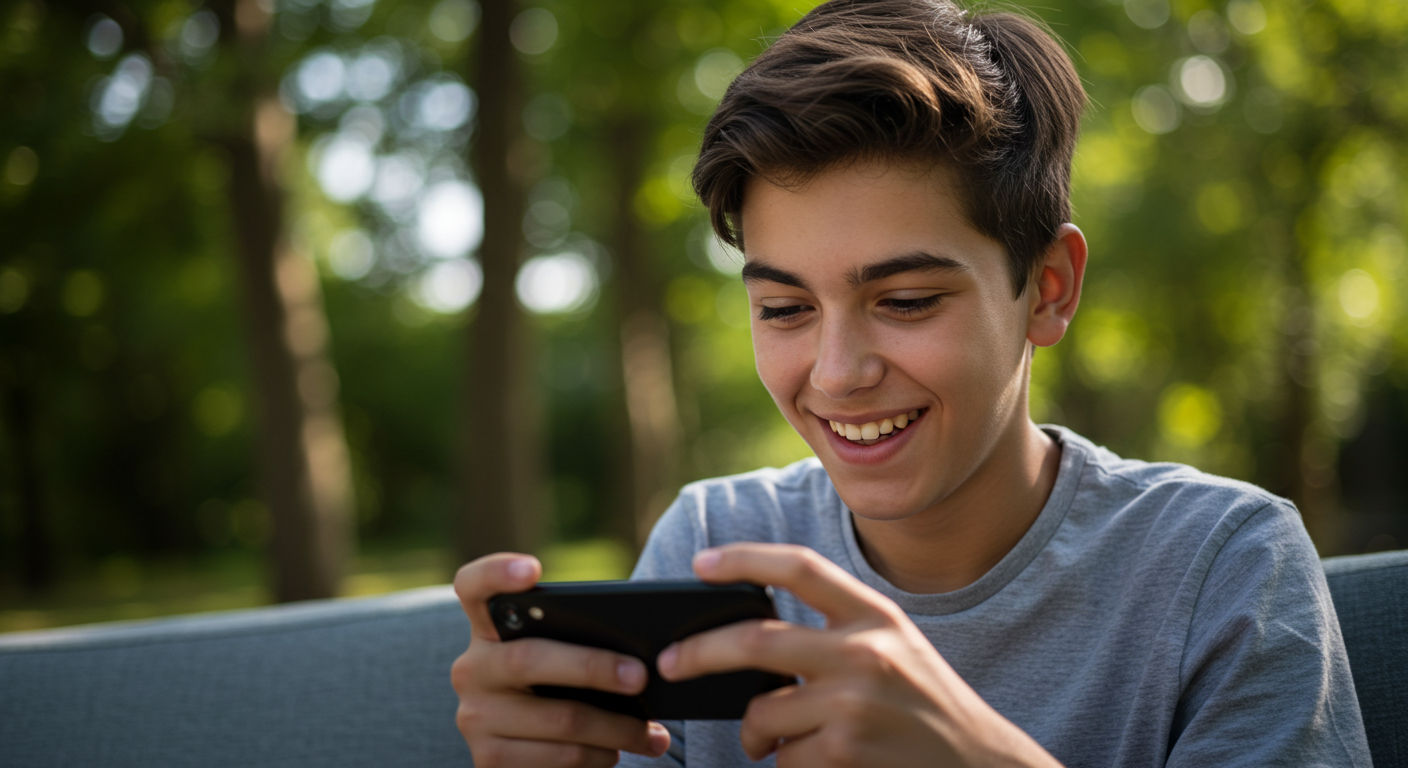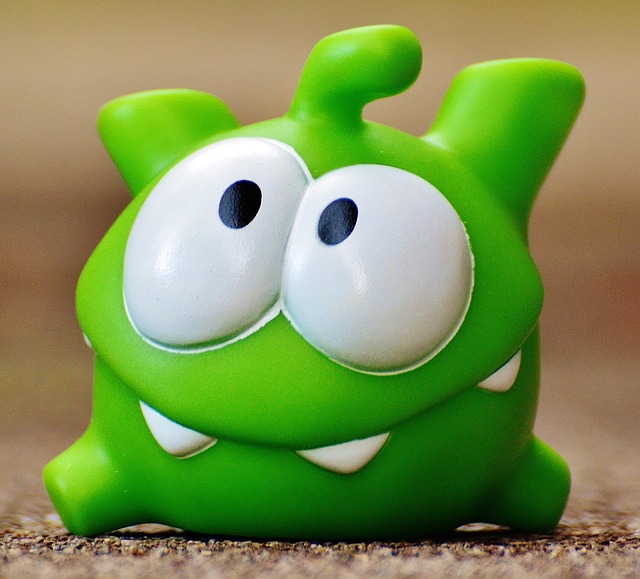
Smartphones & Stress Relief
Smartphones have revolutionized the way we engage with the world. Beyond calls, texts, and social media, they’ve also become personal entertainment centers. And among the many mobile gaming categories, physics-based puzzle games are not only fun—they might actually help with stress and anxiety relief.
As Roald Dahl once said:
“Life is more fun if you play games.”
What Are Physics Puzzle Games?
Physics games use real-world mechanics like gravity, momentum, and friction to create clever challenges. Think of titles like:
-
Cut the Rope
-
Bubble Shooter Classic
-
Angry Birds
-
Monster Jump Rope Swing: A Tarzan Swing Game
-
Bike Racing Games (for kids and teens)
These games often involve solving puzzles or completing tasks by leveraging cause and effect. They’re simple, satisfying, and highly engaging.
How Do They Help With Stress and Anxiety?
When you’re feeling overwhelmed, anxious, or emotionally drained, playing a quick game on your phone can:
-
Offer instant distraction from negative thoughts
-
Trigger a small dopamine release when you win or complete a level
-
Help you feel accomplished even during a bad day
-
Improve focus and mental flexibility through problem-solving
These games create a zone where your mind can “breathe.” Even just 5–10 minutes can give you that break your brain is begging for.
More Than Just Distraction—They Stimulate the Mind
Solving puzzles strengthens your brain’s cognitive function. It’s like a mini workout for your mind. This stimulation can sharpen your focus for other daily tasks like school, chores, or even conversations.
For teens struggling with sadness or depressive moods, games can also:
-
Break cycles of negative thinking
-
Provide temporary joy or relief
-
Help reframe mental patterns (“I won that level—I can do things right!”)
Use With Intention: Not a Cure, But a Tool
Let’s be clear: Physics games aren’t a treatment for anxiety or depression. They’re a helpful tool—but they work best when paired with:
-
Healthy sleep
-
Physical activity
-
Journaling or therapy
-
Mindfulness or breathing exercises
-
Positive affirmations (Try saying: “I am calm. I can handle this.” while playing)
Balance is key. Just like sugar gives a short-term energy boost but isn’t a meal, games give your brain a break but aren’t a long-term solution on their own.
Play in Moderation
Too much screen time, especially before bed, can affect your sleep and contribute to increased anxiety. Here are a few tips for responsible gaming:
-
Set a timer for 10–20 minutes per session
-
Use it as a break between tasks, not instead of them
-
Avoid games with stressful timers or overly intense visuals if you’re already anxious
If you’re a teen, talk to a parent about using games as part of your mental health toolkit. If you’re a parent, help guide your child toward positive game habits, and be willing to talk about what they’re feeling.
Final Word: It’s Okay to Have Fun While Healing
There’s no shame in needing a moment to escape. Whether it’s swinging a monster on a rope, popping bubbles, or stacking blocks with real-world physics—you’re giving your mind a pause.
That pause can make all the difference in helping you reset and refocus.
Remember:
Your mental health matters just as much as your physical health. And tools—whether it’s a calming walk, a chat with a friend, or a fun game—can be part of how you take care of it.

